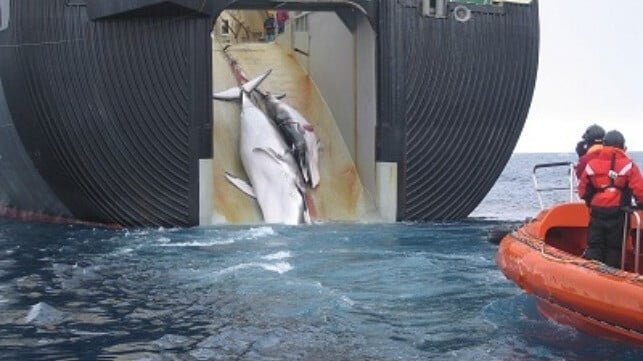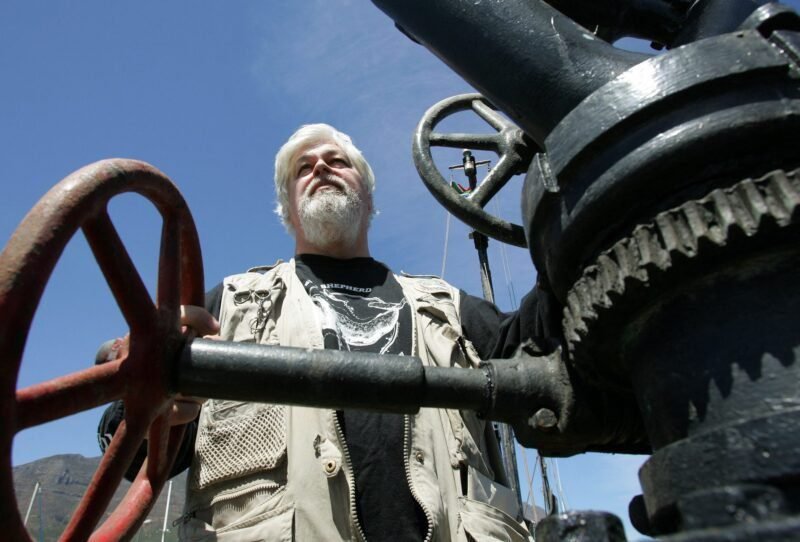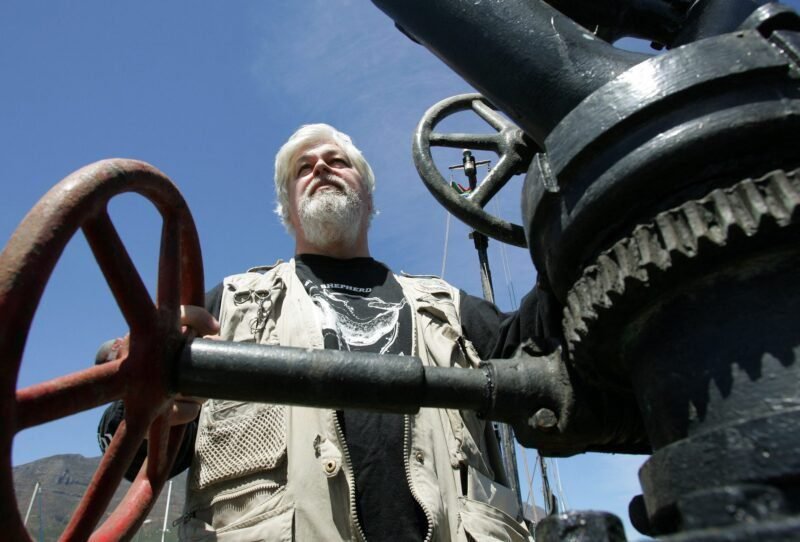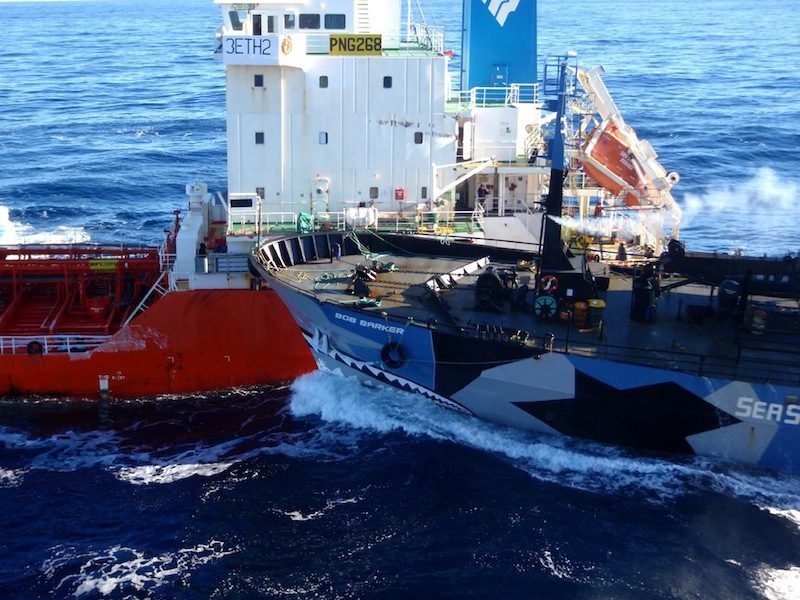The International Whaling Commission (IWC) recently held its annual meeting in Peru, where member states reaffirmed the moratorium on commercial whaling. Despite efforts by pro-whaling countries in West and Central Africa, as well as Antigua and Barbuda, to lift the ban, a majority of members rejected the proposal. Instead, a resolution proposed by the European Union to strengthen the global moratorium was adopted. The global prohibition on commercial whaling was implemented by the IWC in 1986 to prevent the extinction of several whale species threatened by illegal and unreported whaling.
Despite the moratorium, Japan, Norway, and Iceland continue to conduct commercial whaling under a provision in the International Convention for the Regulation of Whaling that permits whaling for scientific research. For example, during the 2024 Norwegian whaling season, 414 whales were captured and killed. Pro-whaling nations argue for the end of the moratorium citing food security reasons. However, marine scientists and environmental groups have welcomed the IWC’s decision to reinforce the whaling ban, emphasizing the importance of respecting international obligations.
The IWC did not pass a resolution to establish a South Atlantic whale sanctuary during the meeting, a proposal that has been considered since 1999 but has always been blocked by pro-whaling countries. The sanctuary would extend from West Africa to the coasts of Argentina, Uruguay, and Brazil, aiming to build upon the existing whale sanctuary in the Southern Ocean. Despite 40 countries backing the proposal, it fell short of the required three-quarters majority for adoption, with 14 nations voting against and three abstentions.










